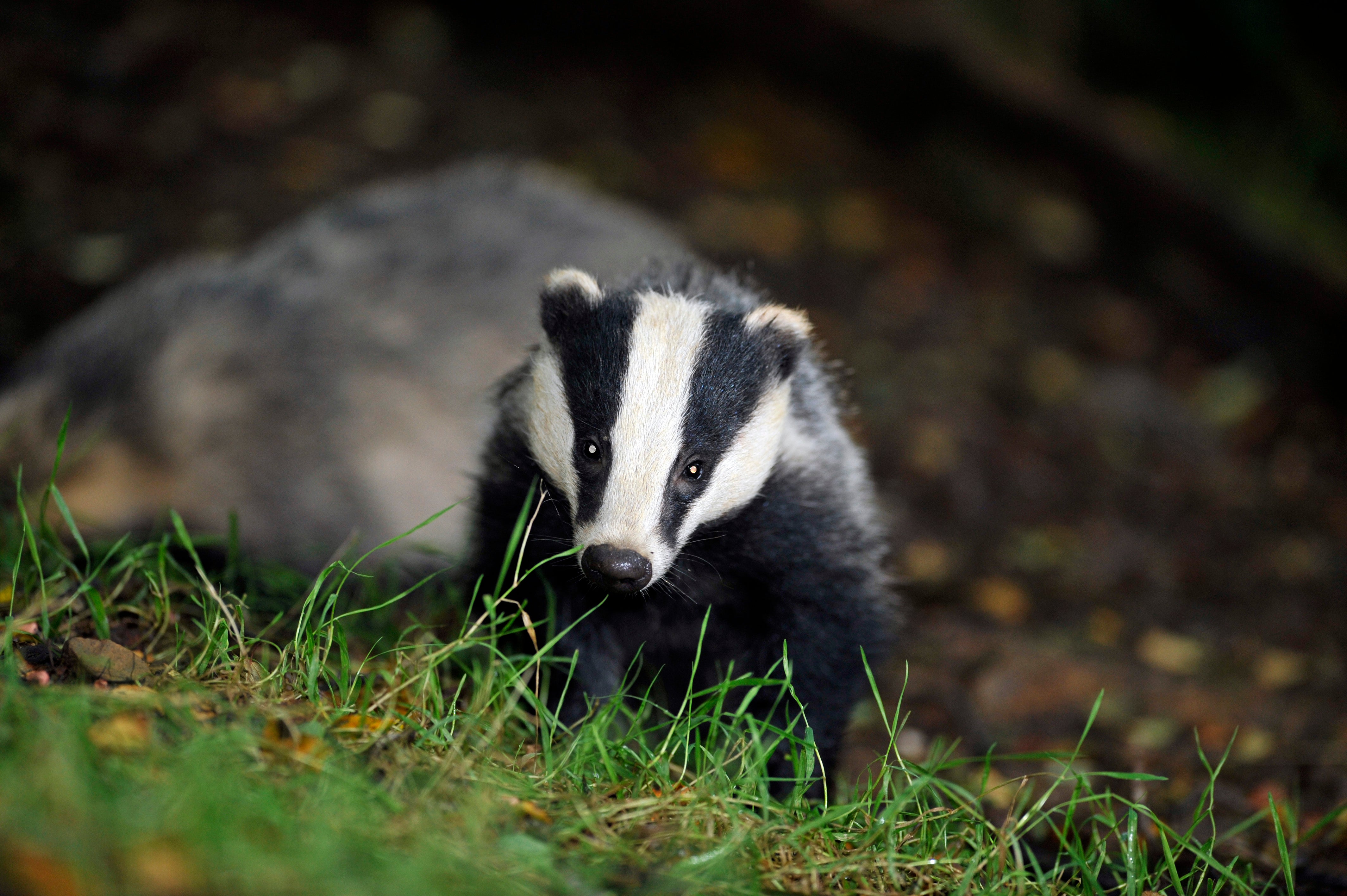Badgers facing ‘extinction risk’ if culling continues, wildlife charities warn
Licences to kill badgers could see species removed from parts of the country they have lived in for 500,000 years, campaigners say
Badgers could face local extinction in parts of the UK if planned culls go ahead, several charities have warned.
In September, an "intensive" cull of the animals, blamed for spreading bovine tuberculosis, could put the long-term survival of badgers at risk in Gloucestershire, Somerset, Cornwall, Devon and Dorset, according to the Badger Trust.
The trust said that following the record-breaking heatwaves and current drought conditions badgers are already suffering in many parts of the country.
Due to the heatwave, conservationists have said the hard ground means badgers will not be able to dig out earthworms – a key food source for them. During severe heatwaves, worms go into a state called estivation – in which they wrap their bodies into a tight knot and become almost dormant – making them almost impossible for badgers to find.
In a joint letter to Natural England, the trust, along with the RSPCA, the League Against Cruel Sports, Born Free, Four Paws and the International Fund for Animal Welfare, has called for the cull to be immediately suspended.
The letter says: “We are collectively asking for an immediate suspension of the upcoming cull in intensive zones in light of the impact that extreme weather is having on badgers and their cubs.
"Population levels have fallen, and badger clans are in severe distress. Going ahead with an intensive cull under these conditions increases the possibility of local extinction events in areas badgers have thrived for 500,000 years”
Peter Hambly, the executive director of the Badger Trust said: “The national wildlife tragedy that is the English badger cull needs to stop. The thought of the local extinction of badgers in areas they have thrived for thousands of years is horrific.
"This severe weather and drought conditions have made the situation desperate in many areas, to continue with the intensive cull in these conditions is inhumane.”
According to the trust, over 176,000 badgers have been killed since 2013.
In recent weeks there have been growing calls to end the cull after a study conducted over nine years found the cull had done little to reduce bovine TB in herds of cattle.
The peer-reviewed research has sparked a row after the government claimed the methodology used by the research team was flawed. The government then released its own non-peer-reviewed study claiming the cull has reduced levels of TB in cattle.
Licences issued this summer mean the badger cull will continue until 2025.

The Independent has contacted the Environment Agency for comment.
Join our commenting forum
Join thought-provoking conversations, follow other Independent readers and see their replies
Comments



Bookmark popover
Removed from bookmarks